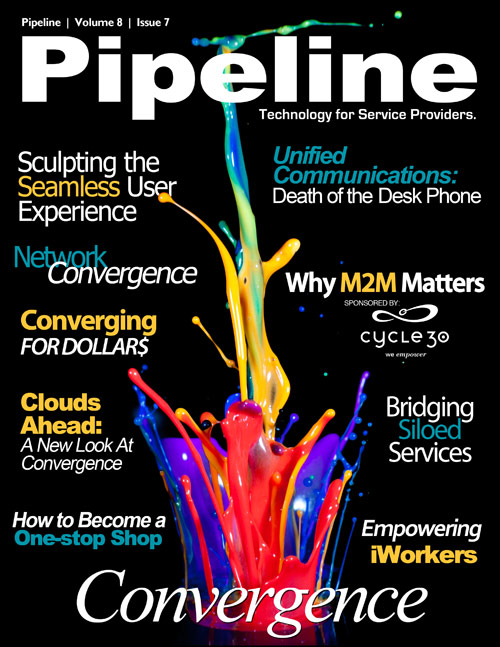By: Jesse Cryderman

AT&T and T-Mobile Merger on the Ropes
Just six months ago, public consensus was that the proposed AT&T/T-Mobile merger was imminent and unstoppable. Discussion was framed around "when" instead of "if." After all, the US Government seemed reluctant to interfere with the massive Comcast-NBC merger, and that touched an ISP. As the regulatory review period became protracted however, doubts began to arise.
In late August, the Department of Justice sued to block the $39 billion deal, and this month the proposed merger of AT&T and T-Mobile was dealt another serious blow, this time by the FCC, who also moved to block the deal with a 111-page report. FCC Chairman Julius Genachowski said that after careful review, the regulatory body wasn't buying AT&T's claims, and believed the merger would be bad for competition, consumers, and most importantly, job-seekers. The Washington Post pointed out the significance of the action, noting that the last time the FCC moved to block a deal was in 2002.
AT&T took issue with the extensive FCC report. "The report cherry-picks facts to support its views, and ignores facts that don't. Where facts were lacking, the report speculates," Jim Cicconi, AT&T's chief lobbyist, said in a statement. Still, the negative reaction by the FCC prompted AT&T to withdraw the application for FCC approval.
The FCC permitted the withdrawal, but not without a warning. Commissioner Michael J. Copps said he hoped this would be the last word from the two CSPs. "While I welcome withdrawal of this application, I would like to think we will no longer be expending significant FCC resources to examine this paradigm-shifting and complex transaction," said Copps. "I would hope the withdrawal is not a strategic gambit along the road to resubmission of this or a similar application in the months ahead. That would not strike me as a good route to travel."

 The problem is AT&T stands to lose billions in concession payments to T-Mobile parent Deutsche Telekom (DT) if the deal doesn't go through. Further, from the looks of it, there is no firm plan-B, aside from perhaps a joint venture, which would be subject to regulatory scrutiny as well.
The problem is AT&T stands to lose billions in concession payments to T-Mobile parent Deutsche Telekom (DT) if the deal doesn't go through. Further, from the looks of it, there is no firm plan-B, aside from perhaps a joint venture, which would be subject to regulatory scrutiny as well.
Some analysts feel that the withdrawal of the FCC application was a strategic move meant to consolidate resources and avoid engaging in a two-front war. An analyst op-ed in Thompson Reuters quoted an anti-trust lawyer who said, "While people sometimes litigate with the DOJ over mergers, I don't think anyone has ever successfully litigated with the FCC. Conventional wisdom is if the FCC refers something to trial, the trial will never happen because no one will have stomach to deal with it."
The hurdles facing the merger are appearing insurmountable; even if AT&T is able to beat the DoJ lawsuit (which is no easy task), they still will have to garner FCC approval, and the Commissioners have made it clear that they've done their due diligence and don't want to spend more time looking at the deal.
Sprint Throws Clearwire a $1.6B Lifeline
Just when you thought the official expiration date of WiMAX in the US was 2012, Sprint rekindled its relationship with Clearwire and extended their WiMAX collaboration to 2015. For Clearwire, the news couldn't have come at a better time; the company was on the verge of missing a $237 million debt interest payment when Sprint stepped in at the eleventh hour with new funding.
Sprint will offer up to $1.6 billion in funding in exchange for continued use of the Clearwire WiMAX network. Specifically, Clearwire will receive $926 Million from Sprint for unlimited 4G WiMAX Services in 2012 and 2013. The funding will enable the WiMAX network to operate through at least 2015. In addition, Sprint will pre-pay Clearwire $350 million for LTE capacity, provided certain build-out goals are met by 2013.









